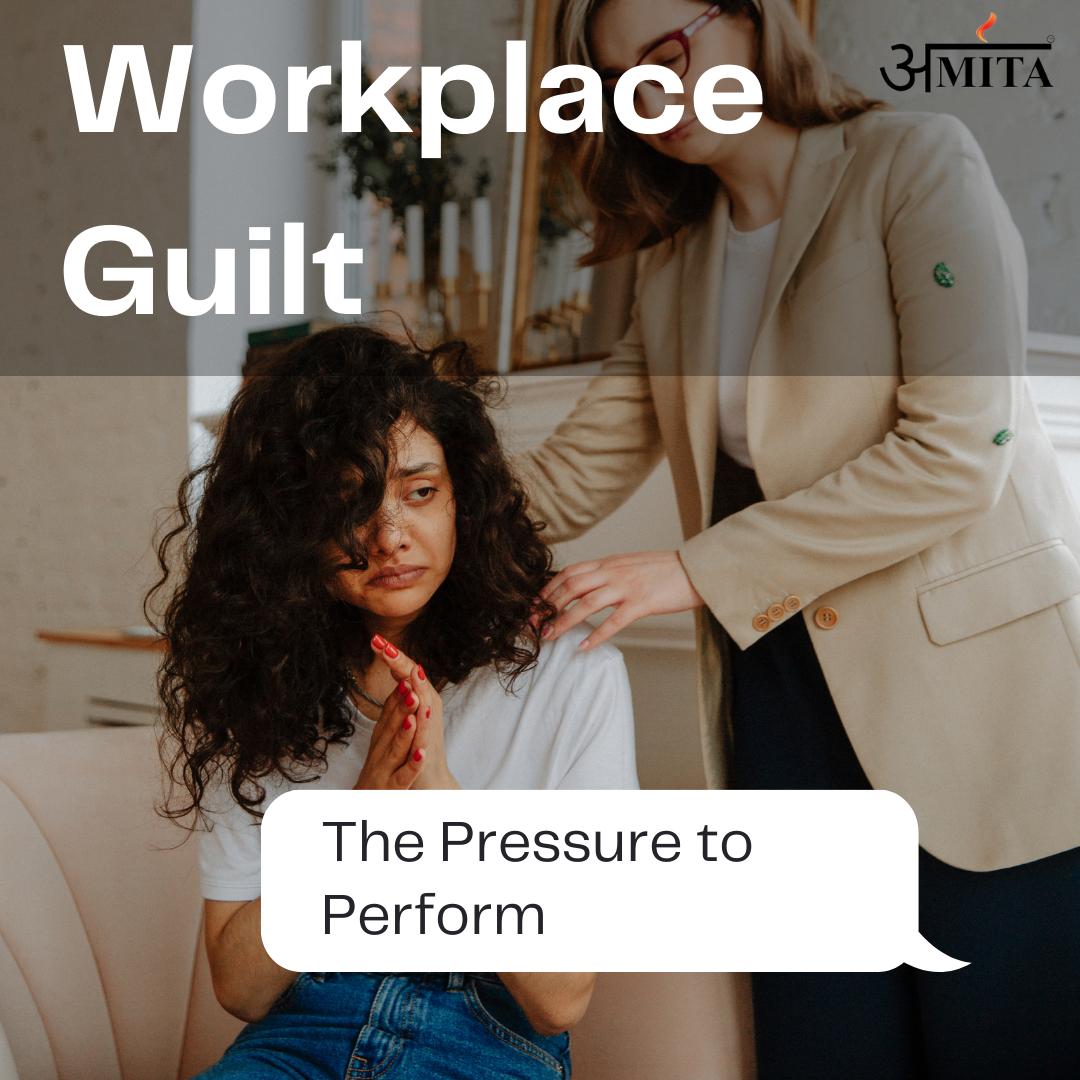
Workplace guilt is a common experience that can negatively impact job satisfaction, productivity, and overall well-being. This guilt often arises from the pressure to meet expectations, succeed in a competitive environment, or avoid making mistakes.
The fear of not meeting performance standards or falling short of expectations can lead to feelings of guilt and anxiety. Striving for perfection can be a source of guilt, as individuals may feel that they are never good enough. Comparing oneself to colleagues or peers can lead to feelings of inadequacy and guilt. The pressure to work long hours or take on excessive workload can contribute to feelings of guilt if individuals feel that they are neglecting other responsibilities or sacrificing their well-being.
To cope with workplace guilt, individuals can:
- Establish achievable goals and avoid setting unrealistic standards for themselves.
- Treat themselves with kindness and understanding, and avoid self-criticism.
- Talk to a supervisor, colleague, or mentor about their feelings.
- Make time for activities that promote their well-being, such as exercise, relaxation, and hobbies.
- Learn to say no to excessive workload or demands that are detrimental to their mental health.
By understanding the sources of workplace guilt and developing healthy coping strategies, individuals can reduce the negative impact of guilt on their job satisfaction and overall well-being.
Kanishka
